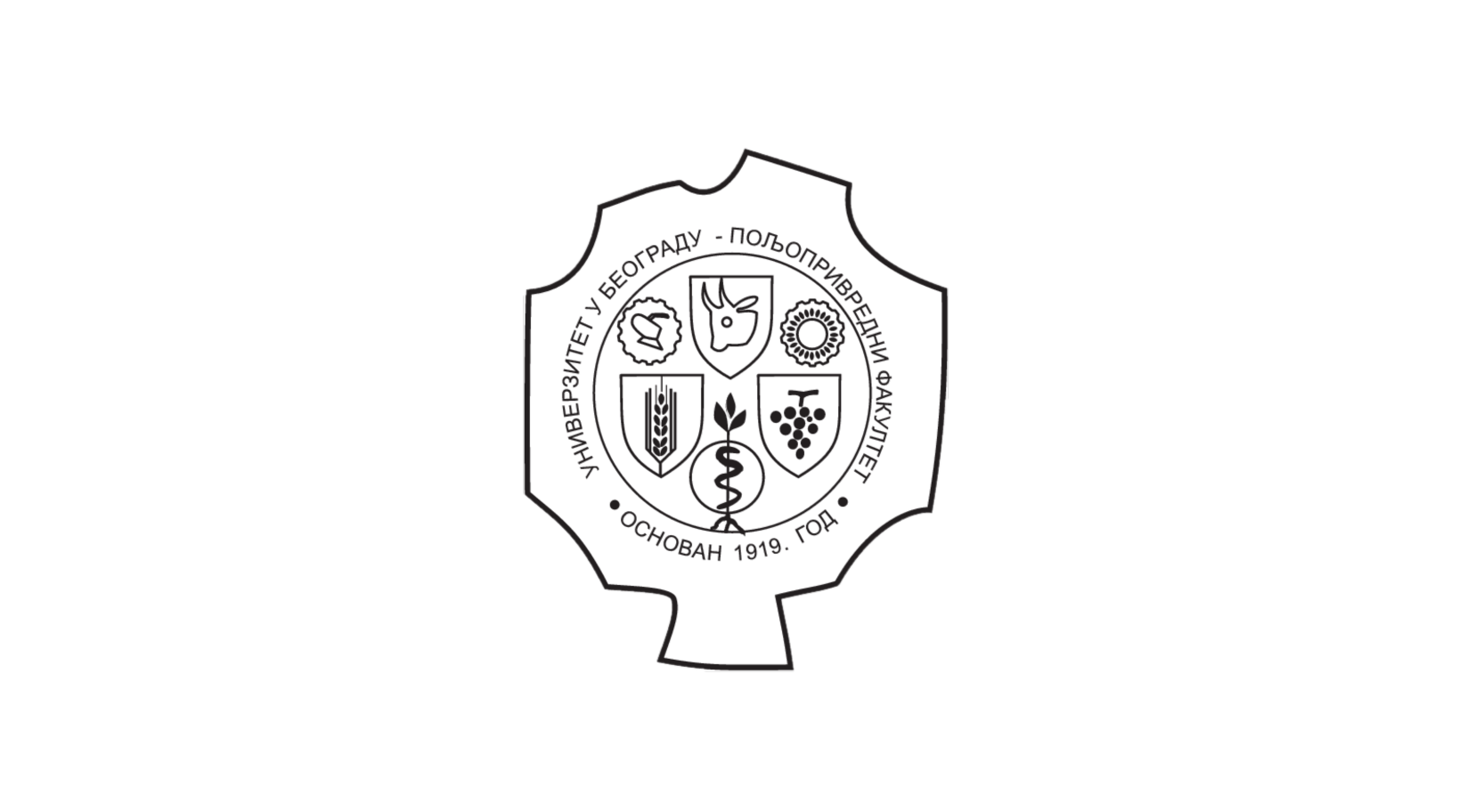Приказ основних података о документу
Adopting sustainability competence-based education in academic disciplines: Insights from 13 higher education institutions
| dc.creator | Lozano, Rodrigo | |
| dc.creator | Barreiro-Gen, Maria | |
| dc.creator | Pietikäinen, Janna | |
| dc.creator | Gago-Cortes, Carmen | |
| dc.creator | Favi, Claudio | |
| dc.creator | Jimenez Munguia, Maria Teresa | |
| dc.creator | Monus, Ferenc | |
| dc.creator | Simao, Joao | |
| dc.creator | Benayas, Javier | |
| dc.creator | Desha, Cheryl | |
| dc.creator | Bostanci, Sevket | |
| dc.creator | Đekić, Ilija | |
| dc.creator | Moneva, Jose Mariano | |
| dc.creator | Sáenz, Orlando | |
| dc.creator | Awuzie, Bankole | |
| dc.creator | Gladysz, Bartlomiej | |
| dc.date.accessioned | 2021-11-04T15:07:51Z | |
| dc.date.available | 2021-11-04T15:07:51Z | |
| dc.date.issued | 2021 | |
| dc.identifier.issn | 0968-0802 | |
| dc.identifier.uri | http://aspace.agrif.bg.ac.rs/handle/123456789/5956 | |
| dc.description.abstract | Higher Education Institutions (HEIs) have been incorporating sustainability into education and curricula, where recent research has focussed on sustainability competences, pedagogical approaches, and how to connect them, generally on a single HEI. The process of integrating sustainability into education based on curricula assessment has been explained using adoption of innovations; and has the potential to explain the process of developing competences through pedagogical approaches. The aim of this paper is to investigate this process at academic discipline level. An online survey was developed to investigate teaching sustainability competences in 13 HEIs, from which 678 responses from educators were obtained. The competences and pedagogical approaches from the responses were ranked, and then the connections between the competences and pedagogical approaches per discipline were analysed using a correlations-based framework, from which three disciplines groups were created. The groups were categorised using diffusion of innovations theory, which indicated that some disciplines are more innovative than others in adopting sustainability competence-based teaching. The results are used to propose two frameworks to better understand the adoption of sustainability competence-based teaching: (a) the D-RAPID framework; and (b) the Disciplinary Multi-dimensional Sustainability Influence Change for Academia (D-MuSICA) memework. The adoption of sustainability competence-base education must expand from a single HEI perspective to a disciplinary collaborative one spanning many HEIs, where academic disciplines should learn from each other's insights and mistakes and provide students with more transdisciplinary skillsets to make societies more sustainable. | sr |
| dc.language.iso | en | sr |
| dc.publisher | John Wiley and Sons Ltd | sr |
| dc.rights | restrictedAccess | sr |
| dc.source | Sustainable Development | sr |
| dc.subject | academic disciplines | sr |
| dc.subject | competences | sr |
| dc.subject | education for sustainable development | sr |
| dc.subject | educators | sr |
| dc.subject | pedagogical approaches | sr |
| dc.subject | teaching | sr |
| dc.title | Adopting sustainability competence-based education in academic disciplines: Insights from 13 higher education institutions | sr |
| dc.type | article | sr |
| dc.rights.license | ARR | sr |
| dc.citation.rank | aM21 | |
| dc.identifier.doi | 10.1002/sd.2253 | |
| dc.identifier.scopus | 2-s2.0-85117386169 | |
| dc.identifier.wos | 000709195400001 | |
| dc.type.version | publishedVersion | sr |


